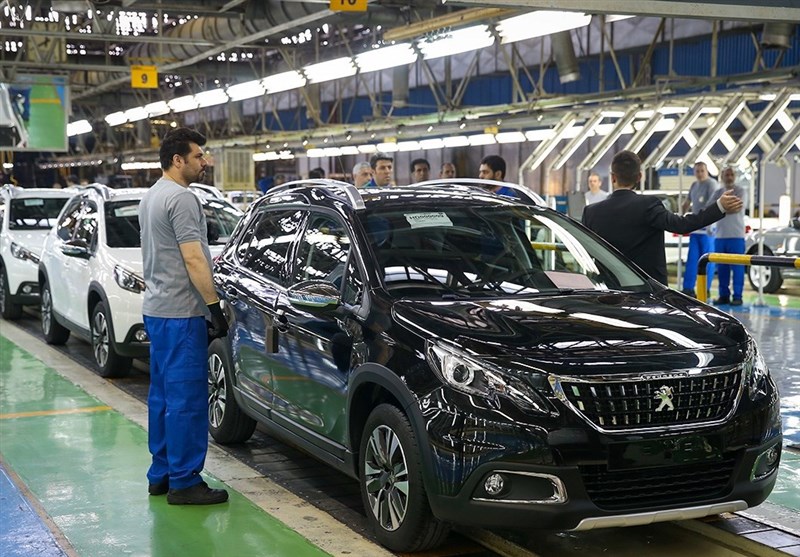
Peugeot Should Pay Penalty for Pullout from Iran: Official

In an interview with Tasnim, Iranian Deputy Industry Minister Mohsen Salehinia
pointed to Peugeot’s refusal to work with Iran under a new wave of US sanctions,
saying the French company must pay penalty for cancelling its contract with
Iran.
Peugeot must also fulfill its commitment to supplying Iran with the Peugeot 2008
components and providing after-sale services, since the vehicles have been
presold in Iran, he added.
According to Salehinia, the French auto-manufacturer has said it will suspend,
not terminate, cooperation with Iran in the hope that partnership will resume in
future.
Even if the French company intends to provide Iran with a series of car
components, the other countries manufacturing various auto parts would refuse to
work with Iran, the deputy minister explained.
Back in June, French automaker PSA Peugeot Citroen announced plans to pull out
of two joint ventures to sell its cars in Iran in order to avoid the risk of US
sanctions.
The retreat followed similar moves by French energy companies Total SA and Engie
SA in the wake of US President Donald Trump’s move to pull his country out of
the 2015 Iran nuclear deal and re-impose sanctions on Tehran.
In July, the US administration rejected France’s demands for a waiver or
exemption for companies seeking to do business in Iran.
Even companies with no business ties to the US find it difficult to operate in
Iran because banks are reluctant to finance Iranian operations.
After achievement of the Joint Comprehensive Plan of Action (JCPOA) between Iran
and the Group 5+1 (Russia, China, the US, Britain, France and Germany) in July
2015, PSA Peugeot Citroen signed a deal with an Iranian company to make cars in
the Islamic Republic.
Source: Tasnim















